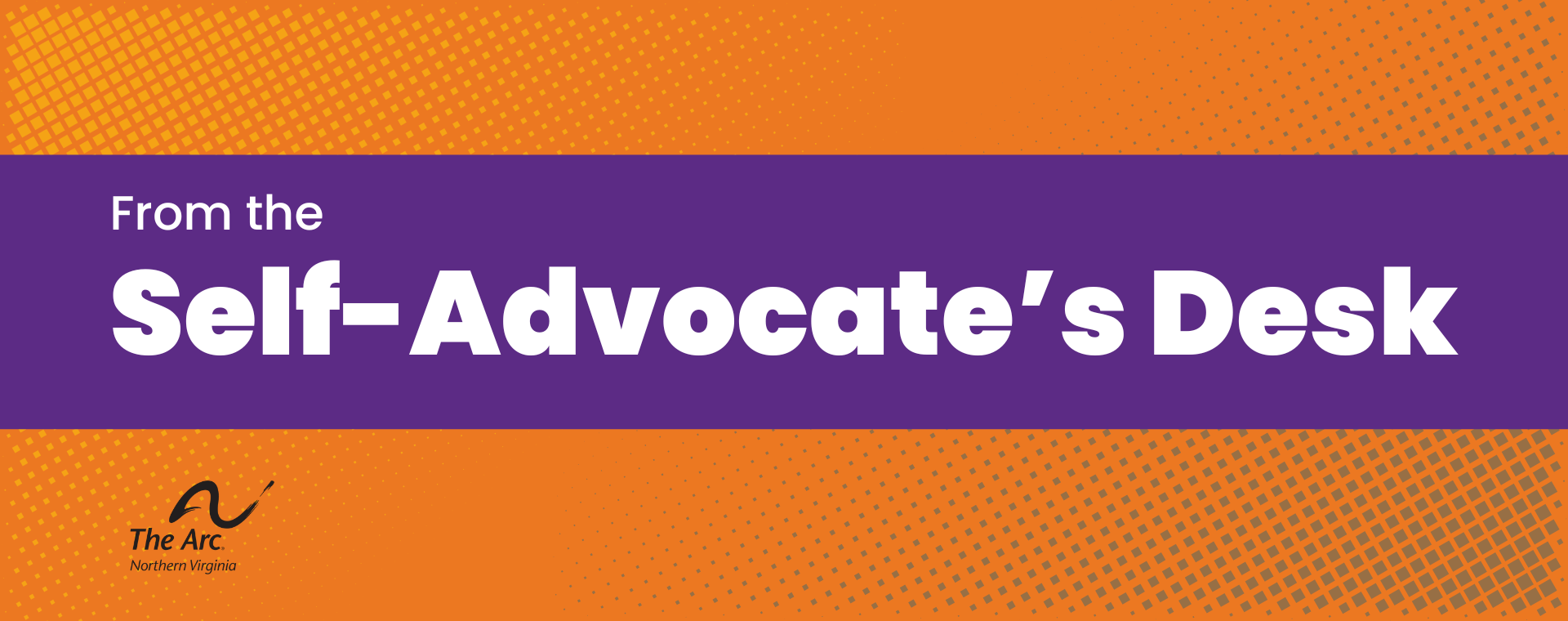When Florida Governor Ron DeSantis signed H.B. 1105 into law, the decision marked a major turning point in the state’s approach to secondary education credentials. The Florida Department of Education has since announced that Certificates of Completion; once a longstanding option for students unable to meet all requirements for a standard diploma, will be gradually phased out. While this move signals a broader emphasis on academic rigor, it also raises pressing questions about equity, opportunity, and the practical realities faced by students and families.
A Historical Safety Net
For decades, Certificates of Completion served as a safety net for students who completed required coursework but did not pass standardized assessments or meet other graduation benchmarks. This credential, while not equivalent to a standard diploma, provided recognition of effort and allowed students to access certain postsecondary opportunities, such as community college placement testing or vocational training. The elimination of this pathway signals a shift toward a more rigid, diploma-or-nothing framework.
The Students Most Affected
The removal of Certificates of Completion will disproportionately impact students with disabilities, English language learners, and those who face systemic barriers to academic success. For many, these certificates were not a consolation prize but a bridge, allowing continued access to higher education, workforce training, or independent living programs. Families who relied on this option as part of transition planning now face heightened uncertainty.
Equity and Federal Alignment
From a policy perspective, the decision raises critical equity concerns. Students protected under the Individuals with Disabilities Education Act (IDEA) and Section 504 may find themselves without viable alternatives if they cannot satisfy diploma requirements. Unless districts establish robust transition planning and multiple pathways to success, H.B. 1105 risks marginalizing precisely those students whom federal law seeks to support.
Implementation and Accountability
The Florida Department of Education has yet to fully outline how districts should adapt to this change. Will IEP teams be granted flexibility in graduation planning? Will additional supports, accommodations, or competency-based assessments be offered to ensure fairness? The success of H.B. 1105 depends not only on its legislative intent but also on the clarity of its implementation. Without thoughtful planning, students could be caught in a policy gap with lifelong consequences.
Toward Inclusive Alternatives
The elimination of Certificates of Completion also presents an opportunity: to reimagine diploma pathways that are both rigorous and inclusive. States such as New York and Virginia have explored alternative assessments, multiple diploma tracks, and industry-recognized credentials that balance high standards with equitable access. Florida now faces a choice—whether to simply raise the bar or to rethink how all students are measured, supported, and celebrated.
Policy Recommendations for Florida
To ensure that H.B. 1105 advances opportunity rather than exclusion, the following strategies should be considered:
- Expand Early and Targeted Academic Interventions. Implement intensive academic and behavioral support starting in elementary and middle school to address learning gaps before students reach high school.
- Strengthen IEP and Transition Planning. Require IEP teams to include detailed graduation and postsecondary transition plans that consider multiple diploma pathways, accommodations, and work-based learning opportunities.
- Recognize Alternative Credentials. Develop and widely publicize alternative credentials, such as industry certifications, vocational badges, and employment-focused credentials, that are recognized by colleges and employers as meaningful indicators of skill and readiness.
- Provide Professional Development for Educators. Train teachers, counselors, and administrators on the law’s new requirements, inclusive practices, and best strategies for supporting students with diverse learning needs.
- Allocate Adequate Resources to Districts. Ensure sufficient funding for special education staff, transition specialists, and vocational programs to implement these changes effectively and equitably across all districts.
- Establish Accountability Measures. Require districts to track student outcomes, including diploma attainment, alternative credential completion, and postsecondary participation, to ensure no student is left behind.
A Call for Advocacy
For self-advocates, families, and organizations, the message is clear: vigilance and engagement are essential. Policymakers must hear from those directly affected to understand that education is not one-size-fits-all. Equity must remain at the heart of reform, and solutions must ensure that no student is left without recognition, opportunity, or dignity.
The future of Florida’s students depends not just on the laws passed in Tallahassee, but on the willingness of educators, families, and advocates to demand systems that work for everyone.
Thank you for taking the time to read this response and for engaging with the important conversation surrounding H.B. 1105 and the future of Florida’s students.
Warm regards,
Ian Allan
Self-Advocate for The Arc of Northern Virginia
Ian Allan is a self-advocate with a deep commitment to policy literacy, systems change, and disability justice. Through The Arc of Northern Virginia, he works to ensure that people with intellectual and developmental disabilities are not merely served by systems, but are actively shaping them.

